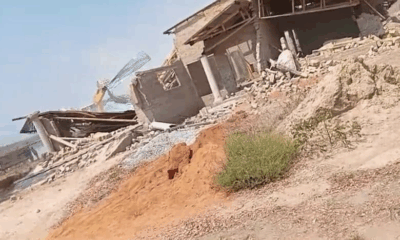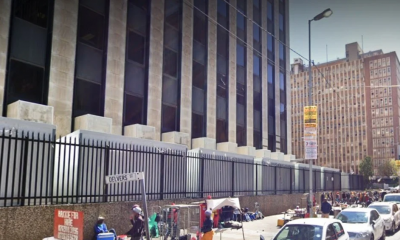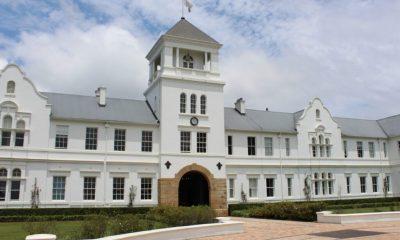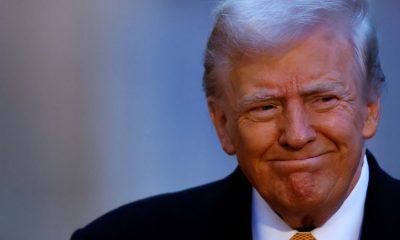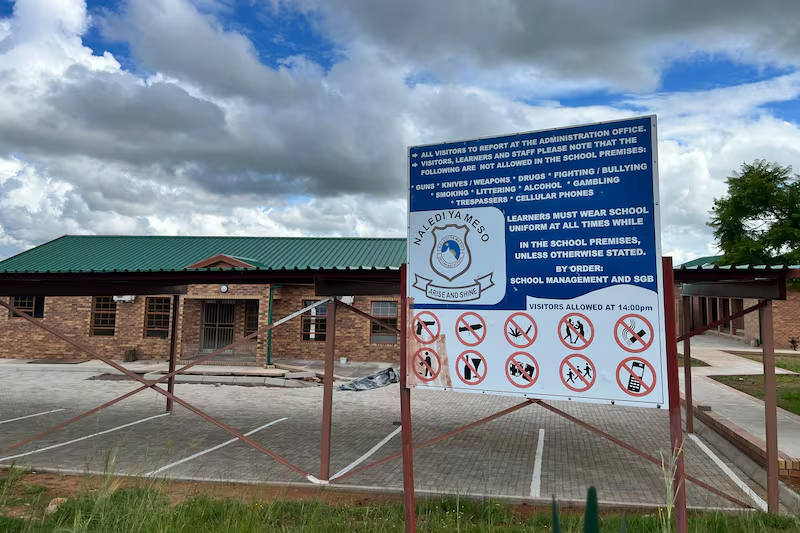News
FW de Klerk Foundation Warns Ramaphosa Against Following Zimbabwe’s Land Reform Path
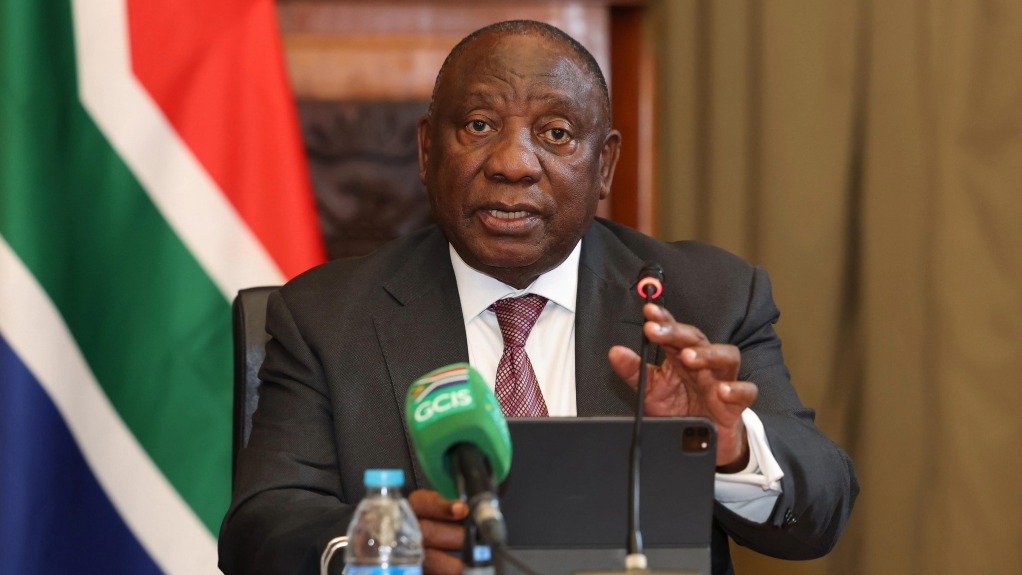
Controversy over Ramaphosa’s remarks
President Cyril Ramaphosa’s recent comments in Zimbabwe have stirred sharp criticism at home. The FW de Klerk Foundation accused him of praising land policies that left Zimbabwe’s economy broken and thousands of farmers dispossessed. According to the Foundation’s executive director, Christo van der Rheede, Ramaphosa’s remarks seemed to put political solidarity ahead of painful lessons from history.
A look back at Zimbabwe
Land reform under Robert Mugabe’s government in the early 2000s became one of the most divisive chapters in the region’s recent past. Farms were seized in chaotic and often violent takeovers, leaving many without land or livelihoods. What followed was economic collapse, widespread food shortages, and allegations of human rights abuses. For critics, it remains a cautionary tale of what happens when justice is pursued outside the rule of law.
South Africa’s constitutional path
Van der Rheede stressed that South Africa’s own history of land dispossession must be addressed, but only within the Constitution. Section 25 of the Bill of Rights allows for expropriation but explicitly guards against arbitrary deprivation of property. For the Foundation, this balance is non-negotiable. Van der Rheede argued that the Expropriation Act of 2024, which makes room for expropriation without compensation, undermines these principles and risks repeating Zimbabwe’s mistakes.
The Foundation’s call was clear: South Africa should reject any approach that threatens food security, stability, and investor confidence. Instead, it urged the government to pursue land reform that restores dignity while protecting the economy.
The Presidency responds
Presidency spokesperson Vincent Magwenya pushed back against the criticism. He said Ramaphosa’s trip to Zimbabwe was a working visit aimed at strengthening ties in the Southern African Development Community. He reminded the public that Zimbabwe remains one of South Africa’s key trading partners, with exports worth more than R69 billion in 2024, up from R57.5 billion the year before.
Magwenya added that Zimbabwe is a sovereign nation with the right to follow its own policies and that Ramaphosa’s visit was about regional solidarity, not policy endorsement.
Why this matters now
The clash between Ramaphosa’s stance and the Foundation’s warning taps into a debate that continues to shape South African politics: how to right the wrongs of land dispossession without destabilising the economy. For many, the issue goes beyond farming. It speaks to inequality, historical injustice, food security, and social cohesion.
The FW de Klerk Foundation’s intervention is a reminder that land reform will remain one of the most contested and politically sensitive issues in the country. As global uncertainty collides with domestic pressures, the choices made by leaders today will determine whether South Africa avoids the pitfalls that devastated its neighbour.
Also read: Durban Taxi Strike Halted: MEC Siboniso Duma Promises Task Team to Tackle Disputes
Follow Joburg ETC on Facebook, Twitter, TikT
For more News in Johannesburg, visit joburgetc.com
Source: The Citizen
Featured Image: Polity.org

